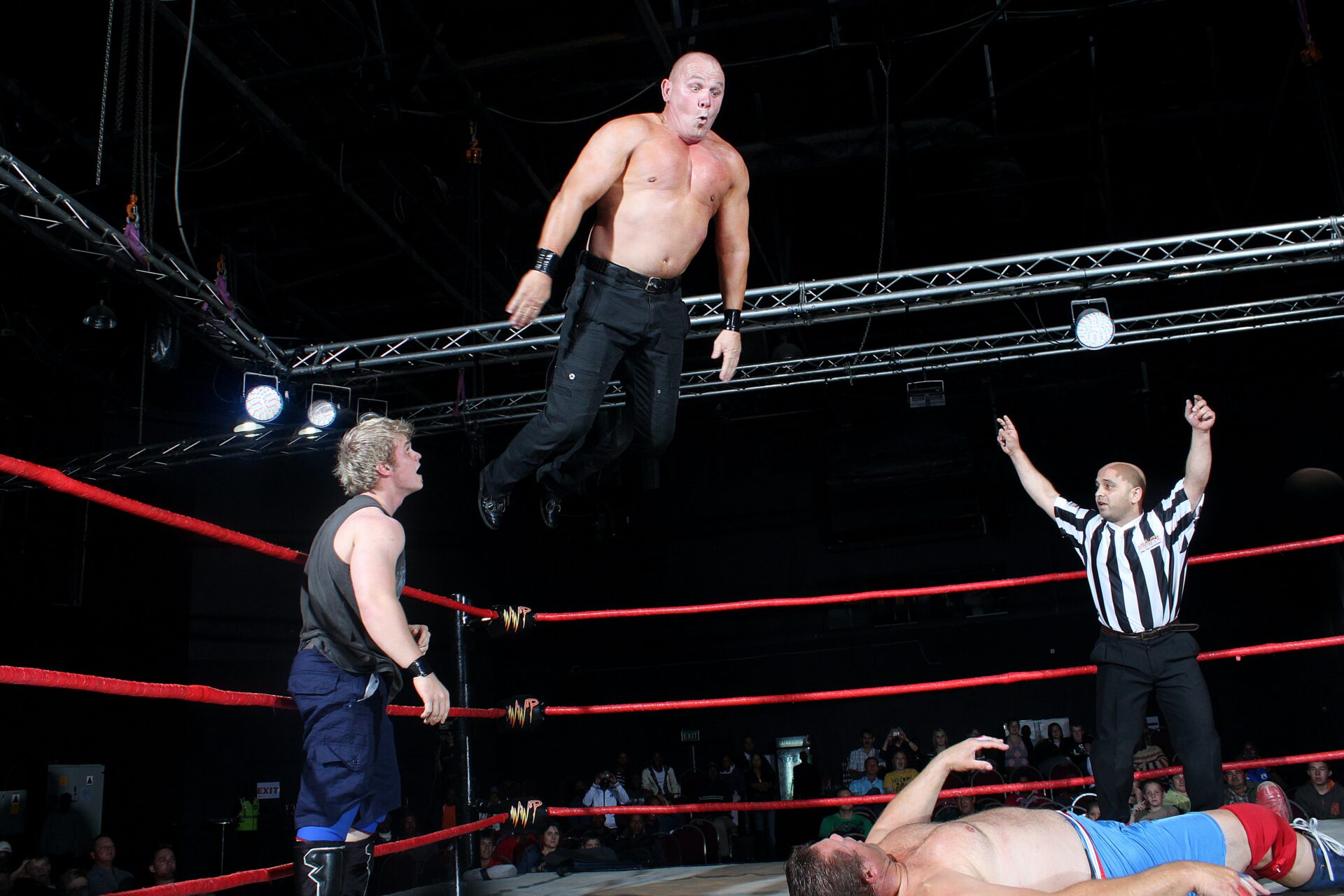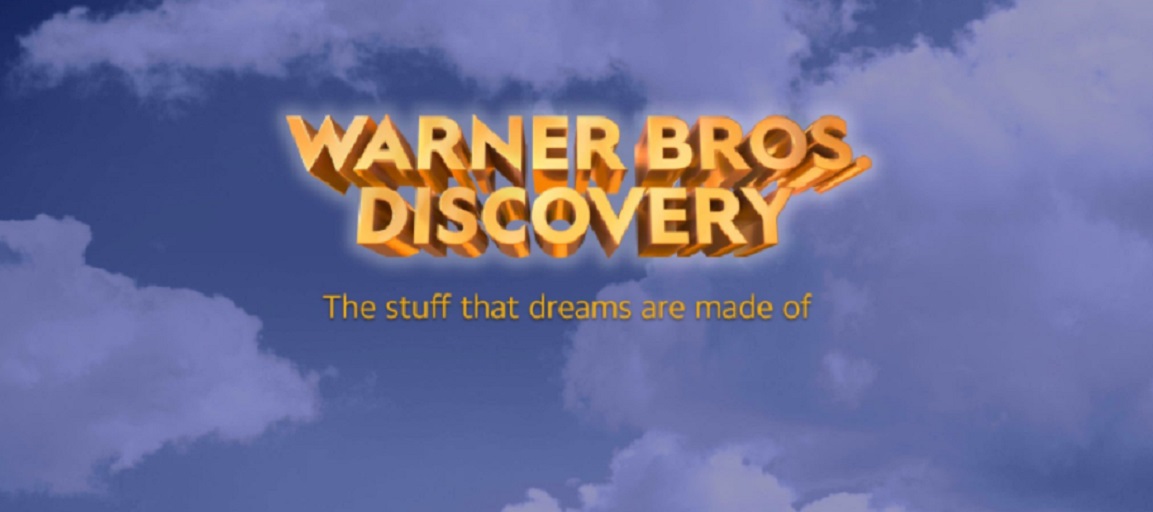Have you ever had that place that felt like it was just yours. We have a special place we park down at the beach on Emerald Isle that almost never even gets crowded, especially if you are there relatively early. The same can not be said for a number of the other parking areas along the Crystal Coast. And this one is free. Sometimes I encourage friends to use the same spot but they never do. Their loss. But here is the thing about it. If everyone headed down to the beach knew the spot we would never be able to park there. It would be like Yogi Berra’s quote about a local dive. No one goes there anymore, it’s too crowded.
Whether it is the route through the city when everyone else in on the bypass or the spot in the pond where it seems like fish jump into your boat like survivors from a capsized boat, our little spots and life hacks make us feel almost superior for stumbling across them. But what if everyone did the same thing?
For all of the predictions on cord cutting and how it will help grow all of the cable replacement services out there nobody seems to be asking whether the alternative delivery system is ready for the kind of influx of customers that are possibly going to jump in. That is, if the numbers of people who say they are considering cutting cable are to be believed, and frankly I don’t believe them.
Have you ever had a problem streaming anything? I have. Our internet promises speeds of 200 mbps. It delivers strong speeds and never seems to have trouble running Netflix. But other popular services have all taken their turns buffering including the king of streaming, YouTube. This can cause problems from things as simple as saying hey watch this funny video and trying to convince my father that once the circle stops spinning he will laugh to as annoying an issue as jeopardy stuttering so much that I lose track of the game entirely and turn off the TV or switch to an antenna instead. This kind of thing happens on almost all of the live streaming services at least now and then. Find a comment section where people don’t say I tried this but ………..
Why does this sort of thing happen? Most of the time its because the servers for a given service cannot handle the weight of the demand placed on it by the amount of people trying to access the service. This is why HBO Go had the famous outages during Game Of Thrones and why more than one prominent live streaming service has had a major hiccup during a major athletic contest. Too many people tried to stream at once. It should be noted that according to a recent study there are somewhere around 9 million subscribers to 8 or more live streaming services at the time. But lets say any one of them quickly gained 6 million in a month. Maybe a local cable company drops a very popular group of networks over a squabble. Would it be able to handle the new demand, especially if the demand were to coincide with the CFB Final Four? The evidence in the past says no. Even the evidence from this weekend at my home says no. With my rather high speed Internet, a top of the line Roku Ultra and the powerful ESPN app I found it sputtering all over the place especially on ESPN3, which ironically is ESPN’s Internet specific service. We are not talking about the big game or anything. Just a competitive SEC game or something along those lines. But there I was watching the TV pause every 3 seconds creating like a slow motion effect that reminded me of watching pictures load on a 56k modem.
If the streaming TV providers continue to grow gradually I think they will be able to scale up to meet a rising demand. But if people really start flocking to them anytime soon there could be enough bad experiences to convince people that the cable or satellite companies are worth the money simply because they can be sure they will see and hear what they want. And if someone is burned badly enough, like the annual neighborhood Super Bowl party they will be very unlikely to trust that type of service again.
My only hope is that these companies are working very hard to make sure the future works as well or better than the present.






